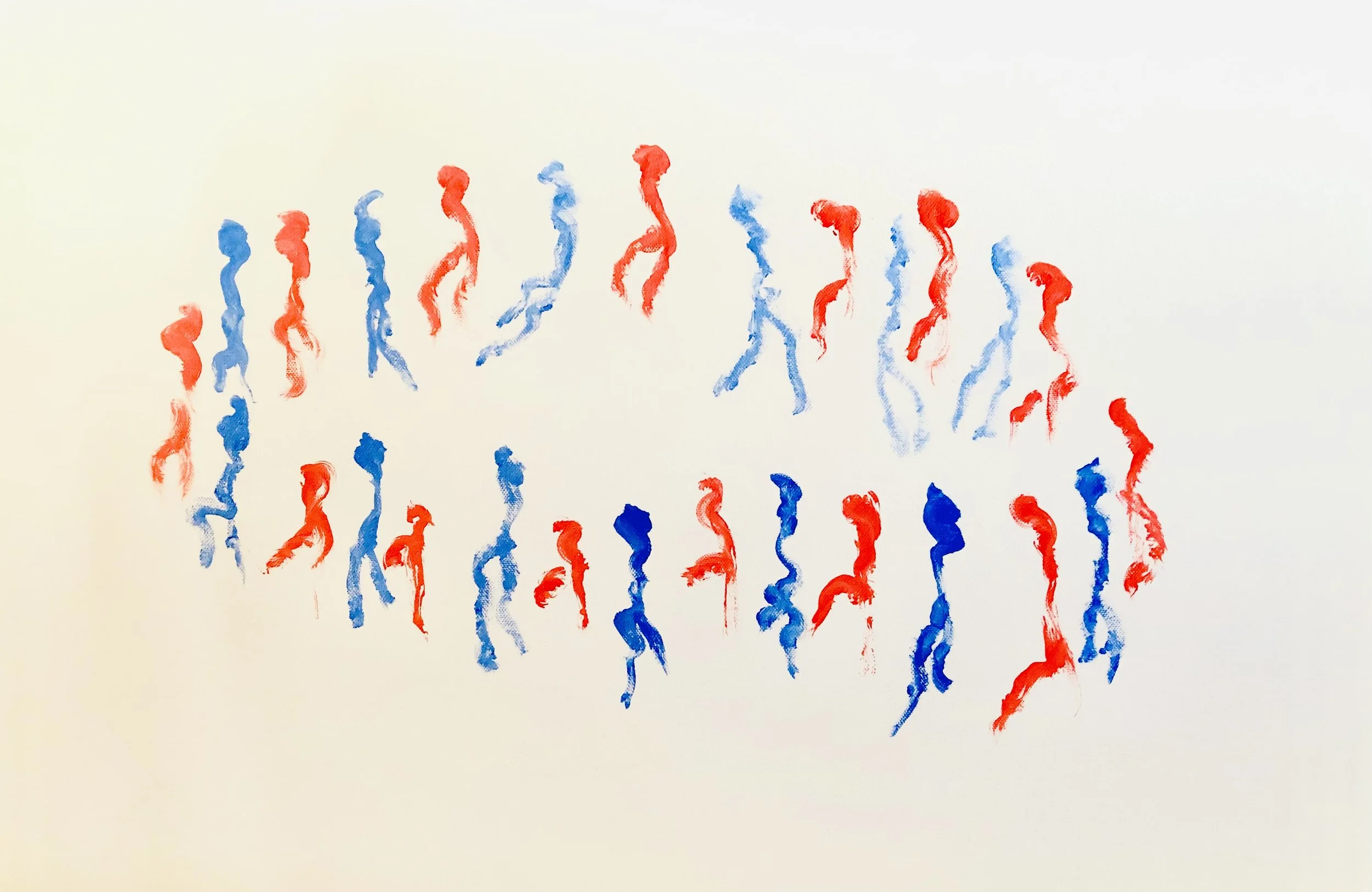MISSION:
To inspire Interconnectedness, Transformation, and The search for meaning through the Arts. To create a safe space of trust.
To bring together like minds with unique voices, perspectives, and backgrounds.
Aims:
To create an understanding and appreciation of Spiritual arts and culture.
To encourage intercultural artistic dialogues and collaborations between international artists, arts practitioners and local New Zealand creatives. Local and International arts organisations, arts collectives.
To support , nurture and nourish emerging talent in the arts.
To offer visibility to Spiritual arts.
To perpetuate and strengthen the cultural roots of the young creatives all over the world.
To increase the appreciation of Spiritual arts, through education and participatory activities among young talents.
To host residency programmes in support of creative individuals to strengthen their practice.
To nurture and develop appreciation of Spiritual arts through educational programme (SAFE ACADEMY), and outreach activities for children and young people.
The integration of spirituality into art is not a recent development, but rather a continuation of a long-standing relationship between the two.
Aotearoa as a Spiritual Space:
For many, the land itself holds deep spiritual significance,
Multiculturalism:
Spiritual arts can play a significant role in fostering multiculturalism in New Zealand by promoting understanding, empathy, and connection between diverse communities. By engaging with spiritual practices and artistic expressions from various cultures, individuals can develop a deeper appreciation for different worldviews and build stronger social bonds.
Here's how spiritual arts can contribute to integrating multiculturalism:
1. Promoting Understanding and Empathy:
Exposure to diverse perspectives:
Spiritual arts, such as rituals, music, dance, and storytelling, offer a window into the beliefs and values of different cultures.
Developing empathy:
Engaging with these practices can foster empathy and understanding by allowing individuals to experience the world through the lens of another culture.
Breaking down stereotypes:
By encountering diverse spiritual traditions firsthand, individuals can challenge and dismantle stereotypes and biases.
2. Building Social Cohesion:
Shared experiences:
Participating in communal spiritual practices, like shared meals or ceremonies, can create a sense of belonging and connection.
Strengthening community bonds:
These experiences can foster social cohesion by promoting collaboration, communication, and mutual respect between community members.
Creating safe spaces:
Spiritual arts can provide safe spaces for individuals from diverse backgrounds to express themselves, share their stories, and build relationships.
3. Enhancing Cultural Identity and Wellbeing:
Celebrating diversity:
Spiritual arts allow individuals to celebrate their own cultural heritage while also appreciating the richness of other cultures.
Promoting cultural exchange:
These practices can facilitate cultural exchange, leading to a more vibrant and dynamic society.
Boosting wellbeing:
Participating in spiritual arts can enhance individual and collective wellbeing by fostering a sense of purpose, belonging, and connection.
4. Addressing Social Issues:
Raising awareness:
Spiritual arts can be used to raise awareness about social issues, such as inequality, discrimination, and environmental challenges.
Inspiring action:
By connecting with emotions and values, these practices can motivate individuals to take action and contribute to positive social change.
In essence, spiritual arts can be a powerful tool for building bridges between cultures, fostering understanding and empathy, and promoting a more inclusive and harmonious society in New Zealand.
CORE VALUES OF OUR ORGANISATION:
1. Identify Shared Themes.
2. Transformation:
The process of education, change, growth, and spiritual evolution.
3. Explore Diverse Communities.
4. Develop Collaborative Projects.
5. Promote Inclusivity and Dialogue.
SPIRITUAL ARTS FOR ETERNITY
SAFE FOUNDATION
